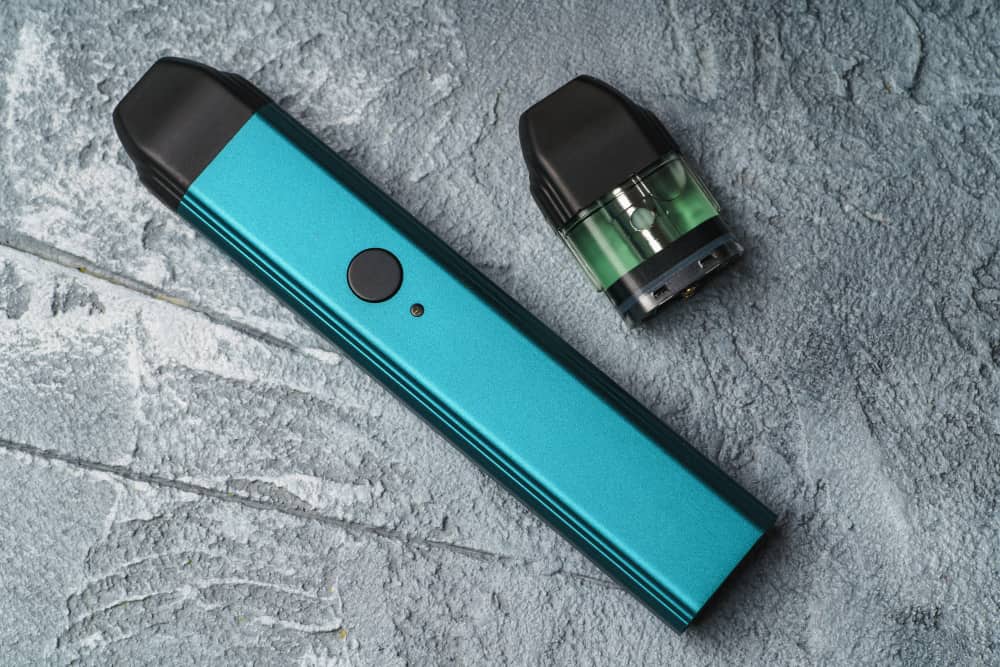Vaping is a popular alternative to smoking, but it’s essential to be aware of its potential effects on your health, including unexpected considerations like sun sensitivity. In this guide, we’ll explore the connection between vaping and sun sensitivity and provide tips for minimizing risks.
Understanding the Link
While vaping itself does not directly cause sun sensitivity, some ingredients in e-cigarettes can potentially increase the risk of sunburn and other adverse effects from UV (ultraviolet) exposure. Here’s how it works:
Nicotine:
Nicotine, commonly found in e-liquids, is known to constrict blood vessels, including those near the skin’s surface. This constriction can reduce blood flow to the skin, affecting its ability to cool and repair itself after UV exposure. In turn, this can make the skin more susceptible to UV damage.
Dehydration:
Vaping can lead to dehydration, which can further impact your body’s ability to handle sun exposure. Dehydrated skin may become dry and sensitive, making it more susceptible to sunburn.
Chemical Compounds:
Some e-liquid flavorings and additives can potentially react with UV radiation, leading to skin reactions or increased sensitivity.
Tips for Minimizing Sun Sensitivity
If you’re a vaper and concerned about sun sensitivity, consider these tips to minimize risks:
1. Sunscreen Use:
Apply sunscreen with broad-spectrum protection (UVA and UVB) before going outdoors, even on cloudy days. Choose a sunscreen with a high SPF rating, and reapply it regularly, especially if you spend extended periods outside.
2. Stay Hydrated:
Vaping can contribute to dehydration, so be sure to drink plenty Hayati Pro Max of water to maintain proper hydration levels. Well-hydrated skin is less vulnerable to UV damage.
3. Protective Clothing:
Wear protective clothing, such as long-sleeved shirts, wide-brimmed hats, and sunglasses with UV protection, to shield your skin and eyes from UV rays.
4. Limit Sun Exposure:
Reduce your time in the sun, especially during peak UV hours between 10 a.m. and 4 p.m. If possible, seek shade during these times.
5. Monitor Your Skin:
Keep an eye on your skin for any unusual changes or reactions. If you notice increased sensitivity or sunburn, take it as a sign to be more cautious.
6. Consider Nicotine-Free E-Liquids:
Nicotine is known to constrict blood vessels, potentially worsening sun sensitivity. If you’re concerned about this effect, you may consider switching to nicotine-free e-liquids.
7. Be Mindful of Flavors:
Some e-liquid flavors or additives may react with UV radiation and increase the risk of skin reactions. Pay attention to any adverse skin reactions after vaping and sun exposure.
8. Consult a Healthcare Provider:
If you have concerns about sun sensitivity and vaping, consult with a healthcare provider or dermatologist. They can offer personalized advice and recommendations based on your specific circumstances.
In conclusion, while vaping itself does not directly cause sun sensitivity, it’s essential to be aware of potential risk factors associated with certain e-liquid ingredients and dehydration. By taking precautions, staying hydrated, and using sunscreen, you can minimize the risks of UV exposure and enjoy a safer outdoor experience.



